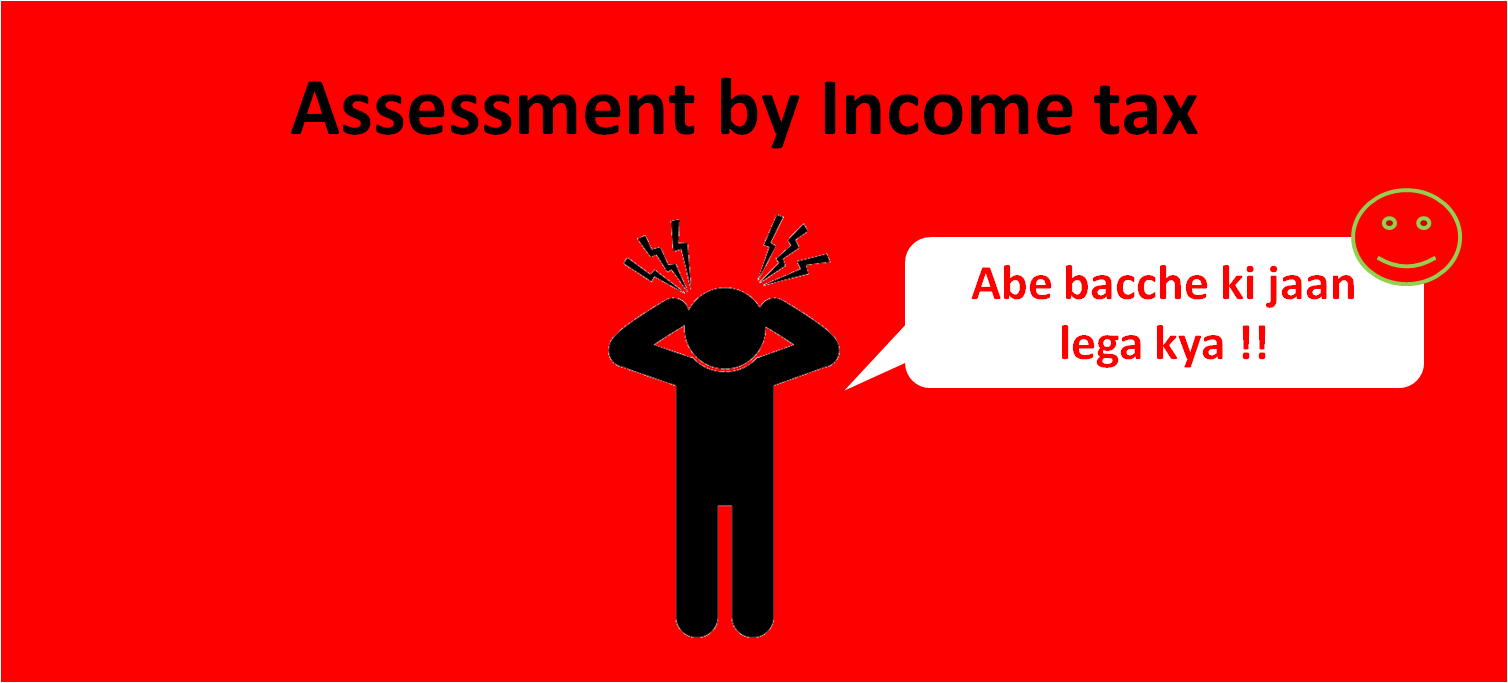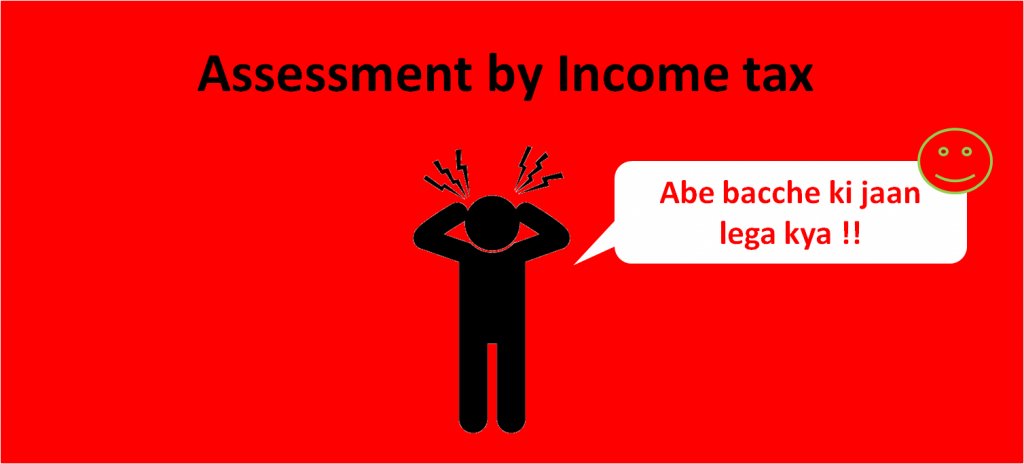Mere low income cannot constitute understatement of income by an Assessing Officer

Mere low income cannot constitute understatement of income by an Assessing Officer
The provisions contained in the section 147 of the Income Tax Act authorizes the Assessing Officer for reassessment by reopening the case wherever there is an “understatement of income”, though the Assessing Officer is not authorized to assume that income so understated is mere because the income of the assessee is “astonishingly low” and others are returning higher income in the same line of business. Invoking the jurisdiction under section 147 of the income tax act on the basis of presumptions and suspicions cannot be sustained.
Mere low Income not sufficient ground to conclude Understatement of Income- concludes AP High Court in Rajendra Goud Chepur vs. ITO (AP & T High Court)
The notices issued under section 148 of the Income Tax Act was on the basis that the total admitted income by the each petitioner for the relevant assessment year, constitute a small percentage of their gross total receipts and accordingly there was income escaping assessment (as provided in the provisions of section 148 of the Income Tax Act).
Comparison with Competitors not held as Valid Basis to conclude Understatement of Income
The AO had probably drawn a comparison of the income of the other persons who were in the same line of business, as showed in the reason for reopening the instant case.
However, the above-mentioned reasons to reopen the case distressingly fall short of reasons that could be considered as the basis to reopen the case. There is no such mentioning in the reasons as to who are the assessees with whom such comparison was made.
If the A.O. had compared the gross business receipts of yet another assessee who is in the same line of business and highlighted how the income returned by such assessee was at a constantly higher, the concerned assesses (being the petitioners) could have been in a place to indicate how the total income admitted fell short in their cases. The Assessing Officer without making a genuine and actual comparison with named assesses who are in the same line of business, making an actual comparison with named assessees in the same line of business, cannot leave it to his assumptions and presumptions.

Understatement of Income just by presumption not valid even if books of account rejected
The counsel standing for the Income Tax Department relied upon several decisions of the Tribunal where the similar assessment of reopening was made for the same reasons were upheld, where the books of accounts were not maintained by the assessee as per the provisions of the Income Tax Act, estimated 5% to be the income of the gross total receipts. However, it seems that in those cases, the basis for reopening of the cases and the Assessing Officer’s jurisdiction for reopening the assessments on the ground of such insubstantial reasons was not considered. Consequently, the court cannot make a comparison of the cases which are in hand with the cases of the assessees who reconciled themselves to the estimation of their income either at 5% of gross receipts or 5% of the stock in trade.
U/s 147(1) of the Income Tax Act, the AO is empowered for reassessment if he has reasons to believe that the income for the assessment year which is chargeable to tax has escaped assessment. There are two conditions which must be satisfied to invoke the powers given under section 147 of the Income Tax Act:
(1) There must be the reasons to believe and
(2) Income has escaped assessment
The reason to believe must arise out of concrete facts, the mere change of opinion would not be enough to reopen the case on the part of the Assessing Officer. Without the material and concrete facts, the reopening of the case cannot be ordered merely on the assumption or presumptions that the income so returned is very astonishingly lower than the overall receipts.
The Verdict- Understatement of Income based on presumption and suspicion held to be not valid
Therefore, the court considered that the AO entirely erred in reopening the instant case merely on the ground of either a presumption that there is an understatement of income or others returning a higher income in the same line of business. Without even stating the comparable, no proceeding intimation U/s 147 of the Income Tax Act, can be made.
In the order rejecting the objections, the AO has relied upon Clause (b) under Explanation 2 to Section 147. It deals with the cases where the assessee has filed his return of income but no assessment has been made and the AO observes that the assessee has understated his income or claimed the excessive allowance, deduction, loss or any relief in the return. Undoubtedly, there were no such cases of the petitioners under the category of claiming the excessive allowance, deduction, loss or any relief in the return.
Therefore, invoking the jurisdiction U/s 147 of the Income Tax Act on the ground of presumptions and suspicions cannot be sustained. The writ petitions that were filed were allowed.


 ITAT Amritsar: No Section 269SS Violation for One-Time Cash Payment Before Sub-Registrar
ITAT Amritsar: No Section 269SS Violation for One-Time Cash Payment Before Sub-Registrar  Tax Officials Unleash Digital Dragnet: How New Raid Powers Redefine Privacy, Property Rights in India and likely to Fuel Corruption
Tax Officials Unleash Digital Dragnet: How New Raid Powers Redefine Privacy, Property Rights in India and likely to Fuel Corruption  Income Tax Department Rewards for Reporting Tax Evasion: A Comprehensive Guide
Income Tax Department Rewards for Reporting Tax Evasion: A Comprehensive Guide  Forfeiture of Gratuity by Employer- What are the Remedies for an employee- Can employer be challenged?
Forfeiture of Gratuity by Employer- What are the Remedies for an employee- Can employer be challenged?  Employer can forfeit gratuity of an employee in case of moral turpitude
Employer can forfeit gratuity of an employee in case of moral turpitude  Diving Deeper: The Impact of the New Tax Bill on Dairy and Farming Income
Diving Deeper: The Impact of the New Tax Bill on Dairy and Farming Income